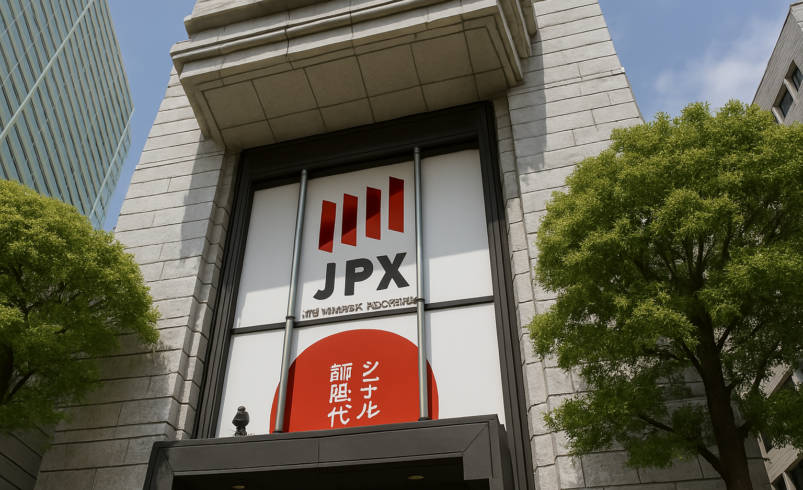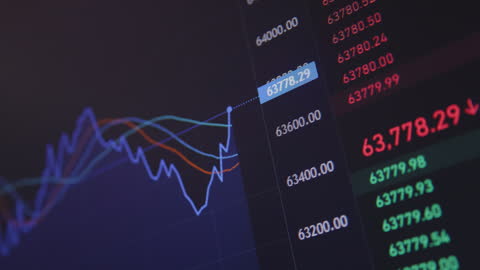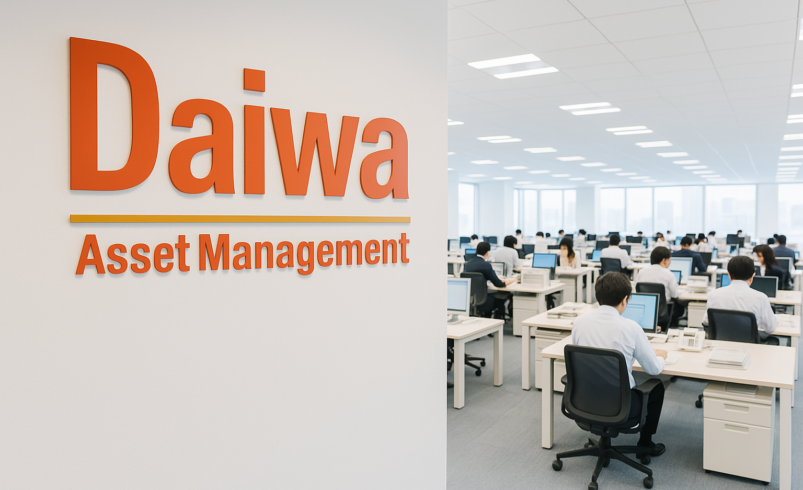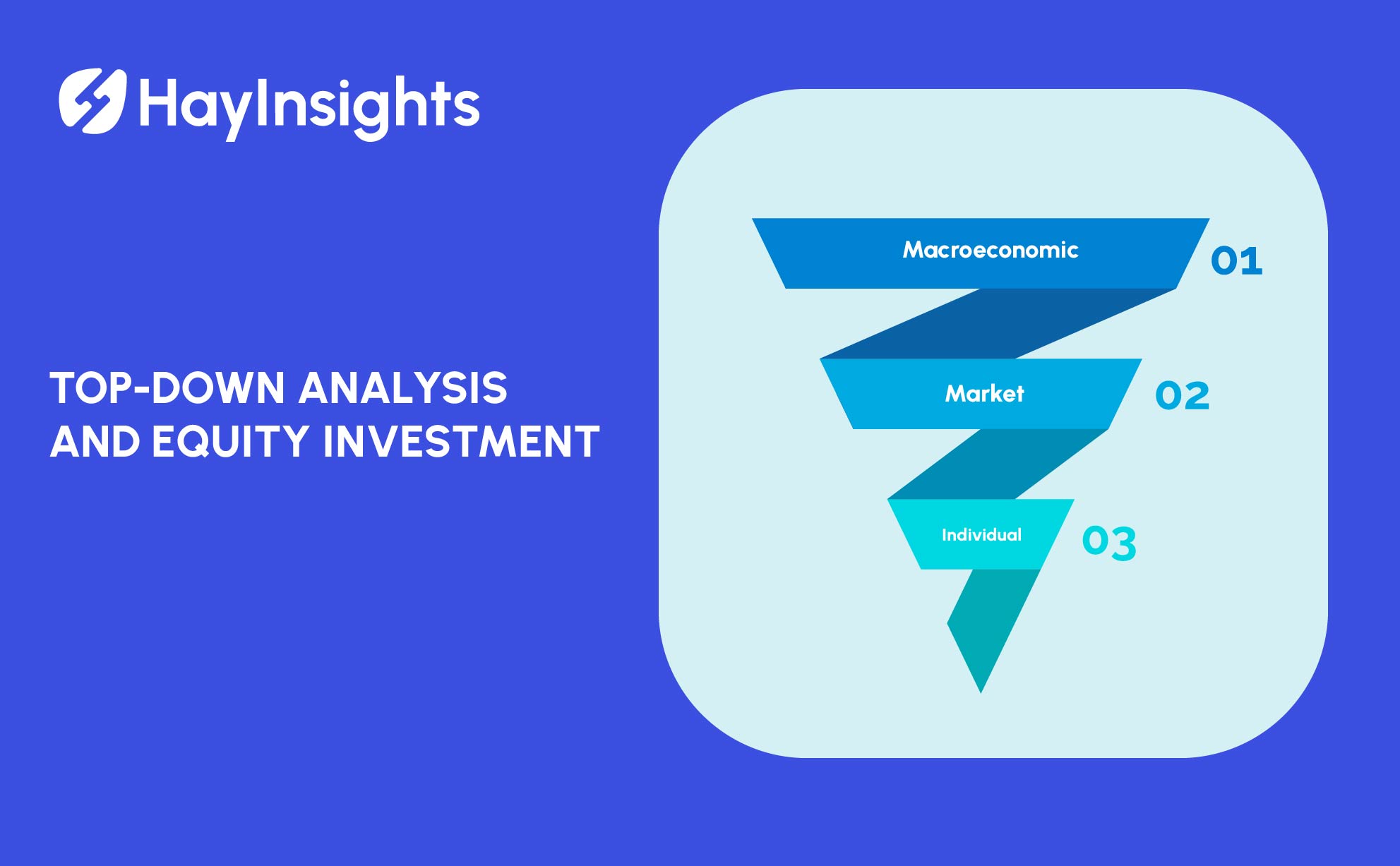
Japan Exchange Group: Advanced Technology, Global Integration, Sustainable Investment 2025
In the intricate web of global finance, infrastructure matters. Nowhere is this truer than in Japan, where the Japan Exchange Group (JPX) serves as the core of the nation’s securities and derivatives markets. As the operator of Japan’s premier exchanges, JPX plays a pivotal role in capital formation, risk management, and investment allocation—not just domestically, but increasingly on a global stage. With a firm commitment to transparency, innovation, and efficiency, JPX continues to evolve in response to market demands and regulatory changes.
Origins and Formation
The Japan Exchange Group was established in January 2013 through the merger of two long-standing institutions: the Tokyo Stock Exchange (TSE) and the Osaka Securities Exchange (OSE). This union was not merely a consolidation of operational structures—it was a strategic integration that combined equity market strength with derivatives expertise, positioning the newly formed entity as a more robust and competitive player in global capital markets.
The Tokyo Stock Exchange had long been the hub for cash equities, home to household names like Toyota, Sony, and Mitsubishi. Meanwhile, the Osaka Securities Exchange had carved out a niche in derivatives trading, particularly with index futures and options. By combining forces, these institutions laid the groundwork for a more streamlined and efficient capital markets ecosystem.
Market Segments and Services
JPX operates multiple market segments tailored to the needs of various participants. At the heart of the system is the Tokyo Stock Exchange, which serves as the main venue for listing and trading shares of public companies. TSE is organized into different sections, including the Prime Market, Standard Market, and Growth Market, each designed for companies at different stages of development and levels of compliance with corporate governance standards.
Beyond equities, the Osaka Exchange (OSE) specializes in financial derivatives. It handles a wide range of products including Nikkei 225 futures, JGB (Japanese Government Bond) futures, and options. This diversification supports sophisticated hedging and investment strategies, attracting institutional investors from around the world.
In addition to cash and derivatives markets, JPX also operates the Japan Securities Clearing Corporation (JSCC), which provides clearing and settlement services. This infrastructure is essential for reducing counterparty risk and ensuring the smooth functioning of financial transactions.

Technological Infrastructure
As a high-volume exchange operator, JPX is at the forefront of trading technology. Its arrowhead trading system, deployed by the Tokyo Stock Exchange, is designed for ultra-low latency and high-speed order processing. This system facilitates a seamless trading experience and provides the foundation for algorithmic and high-frequency trading, both of which are integral to modern financial markets.
Meanwhile, the Osaka Exchange leverages the J-GATE platform, developed in collaboration with Nasdaq. This system supports derivatives trading with advanced functionalities and has enabled JPX to expand its footprint in Asia-Pacific’s increasingly competitive derivatives space.
Global Integration and Strategic Alliances
One of JPX’s strategic goals is to become more globally integrated. It has pursued alliances with exchanges in other countries, including Singapore Exchange (SGX), Taiwan Futures Exchange (TAIFEX), and London Stock Exchange Group (LSEG). These partnerships facilitate cross-border trading, dual listings, and collaborative product development.
Additionally, the Japan Exchange Group has actively worked to attract foreign issuers and investors by simplifying regulatory procedures, enhancing English-language disclosure, and promoting its markets through roadshows and investor forums. Today, international investors account for a significant portion of daily trading volume on the Tokyo Stock Exchange.
Role in Sustainable Finance
Sustainability has become a defining theme in global finance, and JPX is aligning with this shift. It promotes ESG (Environmental, Social, and Governance) practices among listed companies and encourages greater transparency in non-financial disclosures. In recent years, the exchange has facilitated listings of green, social, and sustainability bonds to support projects with environmental or social benefits.
JPX also hosts the ESG Knowledge Hub, a platform that aggregates best practices and educational materials for market participants. Through these initiatives, the exchange group aims to contribute meaningfully to the broader transition toward responsible investment and sustainable development.
Investor Education and Market Development
Recognizing the importance of financial literacy, JPX has made significant investments in public education. It operates the TSE Arrows visitor center, which provides interactive exhibits on stock trading, economic history, and corporate finance. Additionally, the exchange offers online resources, simulation tools, and training programs for retail investors, schools, and universities.
This focus on education not only supports informed investment but also fosters trust in the capital markets. By equipping the public with knowledge, JPX helps broaden participation and build a more resilient investment culture.
Regulatory Oversight and Risk Management
JPX operates under the supervision of Japan’s Financial Services Agency (FSA). It maintains rigorous compliance frameworks and collaborates with regulatory bodies to uphold market integrity. The exchange enforces listing standards, monitors trading behavior for signs of manipulation or misconduct, and ensures that listed companies adhere to corporate governance norms.
Through its clearing arm, JSCC, the Japan Exchange Group also manages systemic risk. By acting as the central counterparty to trades, JSCC ensures that financial obligations are met even if one party defaults. This risk mitigation function is vital in times of market stress or volatility.
Digital Transformation and Future Initiatives
In an era of rapid digitization, JPX is exploring new technologies such as blockchain, AI, and cloud computing to enhance its services. It is conducting research on a potential Central Bank Digital Currency (CBDC) framework and how digital assets might be integrated into traditional exchange systems.
JPX has also launched “JPX Market Innovation & Research,” a subsidiary focused on leveraging data science and analytics. This arm will support new product development, market insights, and the digitization of financial services infrastructure.
Looking forward, the group’s initiatives are likely to reshape how market participants interact, analyze, and invest. Whether it’s through tokenized securities, smart contracts, or real-time data services, JPX is positioning itself to remain competitive in the digital age.
Conclusion
The Japan Exchange Group stands as a pillar of Asia’s financial infrastructure. With roots in the storied histories of the Tokyo and Osaka exchanges, it has transformed into a modern, globally connected entity that supports capital formation, risk management, and market innovation. Its strategic initiatives—from ESG promotion to digital transformation—reflect a forward-looking agenda that balances tradition with progress. As global capital flows continue to shift, JPX’s ability to evolve will determine its role not just in Japan, but across the international financial system.













